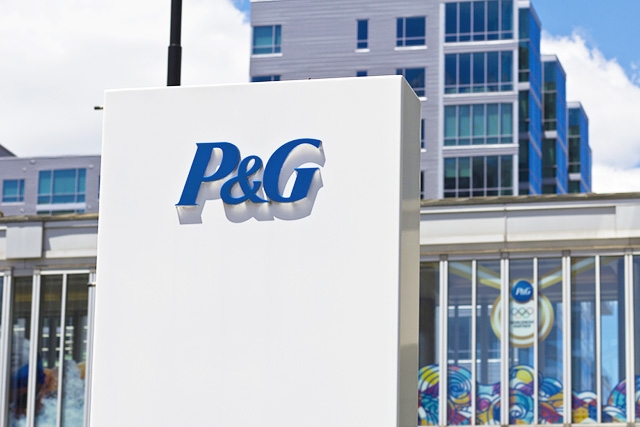American multinational corporation Procter and Gamble (P&G) has announced the termination of its operations in Nigeria, a move that is expected to result in the loss of over 5000 jobs. This exit follows a trend set by GlaxoSmithKline Consumer Nigeria, which announced plans to leave the country after 51 years.
P&G’s decision to transition to an import-only model is attributed to tough market competition and a decline in consumer buying power in Nigeria. The recent devaluation of the country’s currency, the naira, has added to the challenges faced by businesses operating there.
“Operating in Nigeria’s current macroeconomic environment has become increasingly difficult,” said Andre Schulten, P&G’s Chief Financial Officer. The company’s decision to shift to an import-only model reflects these challenges.
The closure of P&G’s $300 million ultra-modern plant in Ogun State, established in 2017 and meant to bolster job creation, was cited as part of the restructuring of their operations.
This development reflects a broader trend in Nigeria’s manufacturing sector.
Several companies, including Unilever and others in the fast-moving consumer goods industry, have either left or downsized their operations due to challenges such as rising interest rates, inflation, and currency volatility.
Economic analysts emphasize the need for local manufacturing growth and government intervention to stabilize the situation, suggesting that reliance on imported goods poses significant risks in Nigeria’s volatile economic landscape.



